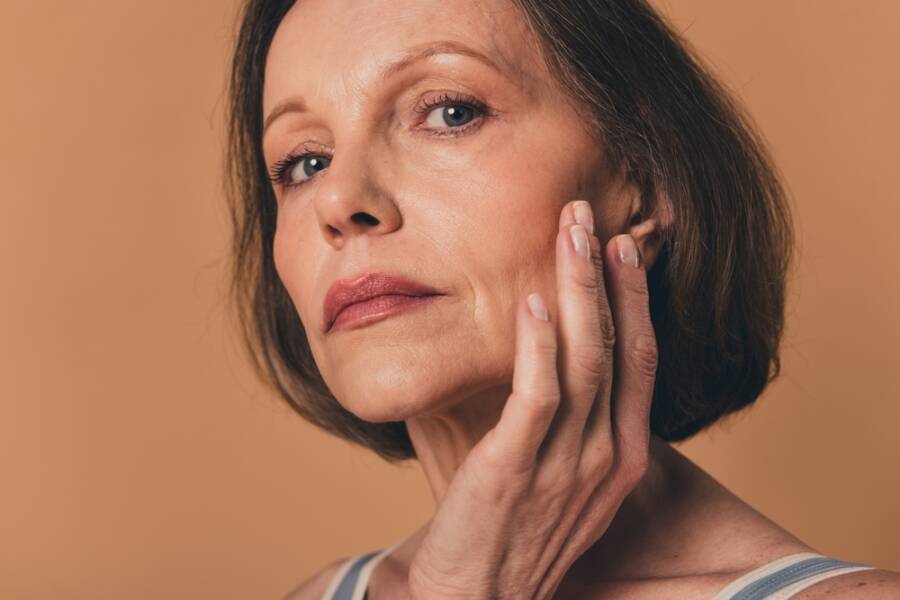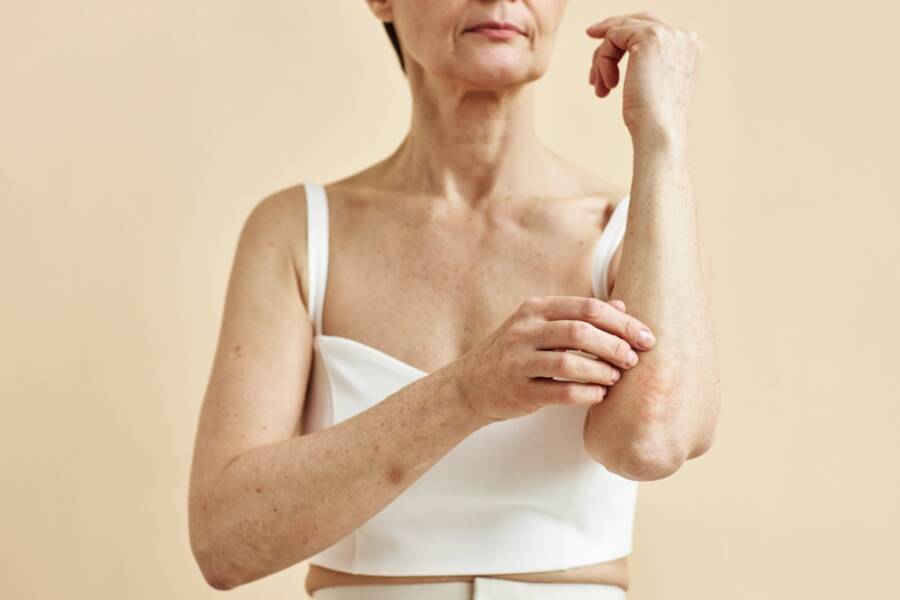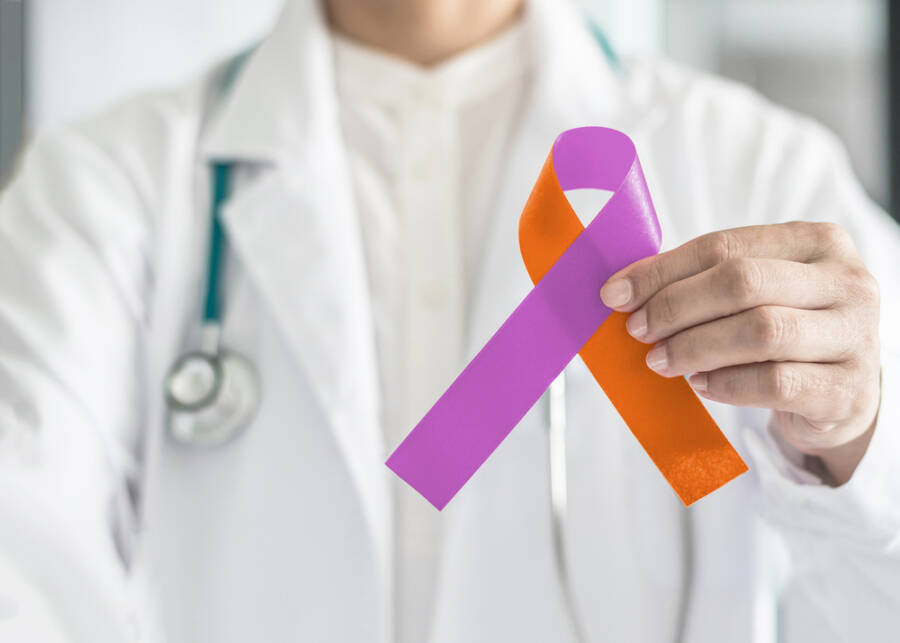Why Psoriasis Symptoms Are Worse for Seniors?
Living with psoriasis can be challenging at any age, but it often represents serious difficulties for seniors. As we age, our skin changes a lot and is becoming thinner and less resilient, exacerbating psoriasis symptoms. The increased fragility leads to more severe flare-ups and discomfort. Additionally, seniors often have other health conditions, such as diabetes, cardiovascular disease, or arthritis, which can seriously complicate psoriasis management and treatment. And … that’s not all! Seniors are often on multiple medications for various health issues, which may have side effects that trigger or worsen psoriasis.
Over the years, I’ve learned which are the triggers I should avoid and I am here to share everything I know with you.
Psoriasis is a chronic autoimmune condition that causes the rapid buildup of skin cells, leading to scaling on the skin’s surface. Unfortunately, the psychological and social impact of psoriasis can be more pronounced in seniors. The visible plaques and lesions can lead to self-consciousness, depression, and social isolation, significantly affecting the quality of life. As you already know, a lot of seniors are already dealing with loneliness or reduced mobility, and the stress of dealing with a chronic skin condition can make them feel frustrated.
By identifying and avoiding its common triggers, you’ll be able to manage your psoriasis more effectively. Each person’s journey is unique, so remember that it’s essential to find what works best for you.

Could These Common Triggers Be Causing Your Psoriasis Flare-ups? Here Are 8 Triggers You Should Avoid!
1. Stress
It’s not a surprise that stress is one of the most common triggers for psoriasis flare-ups. I am a retiree, and even though my work finished some years ago, I still have to deal with a lot of stress every day. Whenever, I am losing control, my skin tends to react negatively.
I find that it helps me a lot to practice meditation and mindfulness because it helps me to remain calm, and centered, and teaches me how to see the good part in everything. Even just a few minutes a day can make a huge difference.
Also, don’t forget how important physical activity is. Walking or yoga are gentle on my body and help clear my mind. Make sure you find an activity you enjoy and stick to a plan. And… don’t underestimate the power of sleep! Getting enough sleep is crucial for managing stress. You should aim for 7 or 8 hours of sleep per night.
2. Cold or dry weather
Cold or dry weather can be very harsh on the skin, leading to psoriasis flare-ups. My advice would be to use thick and fragrance-free moisturizer multiple times a day to keep your skin hydrated. Also, using a humidifier at home helps add moisture to the air, preventing your skin from drying out.
On cold days, I used to take warm baths with Epsom salts because it helps me soothe my skin. I always avoid hot water, as it can be drying.

3. Certain foods
Did you know that some foods can trigger psoriasis? Diet plays a significant role! Some foods can trigger flare-ups, while others can help manage symptoms. Here are some changes that have worked for me:
- I strictly avoid processed foods and fast food, which are high in unhealthy fats and sugars.
- I limit my intake of foods like tomatoes, potatoes, and peppers since they can trigger my psoriasis.
- I switched to almond milk and it helps my skin a lot. Dairy products can cause serious inflammation in some people.
I also have a list of foods you should include in your diet and these are Omega-3 fatty acids, fruits and vegetables, and whole gains.
4. Smoking
It’s not shocking that smoking is a trigger for psoriasis. It affects a lot of parts of our bodies but most of us are continuing to do it. Quitting smoking was challenging for me but it has been one of the best decisions for my skin and overall health. My skin started to clear up and I felt healthier and more energetic.
I joined a support group for people trying to quit smoking and sharing experiences and tips with others was incredibly helpful in my case. I replaced smoking with healthier habits, like chewing gums and going out for walks and I am really proud of myself.
5. Skin injuries
Cuts, scrapes, sunburn, all of these can trigger psoriasis flare-ups. It’s essential to take care of your skin and to avoid harsh scrubbing. I recommend using soft towels and wearing sunscreen with at least SPF 30 all the year, not just in the summer. Also, make sure to avoid picking at your skin or scratching, because it can cause injuries and trigger your symptoms.
6. Menopause
Hormonal changes, such as menopause can affect psoriasis. Maintaining a healthy lifestyle and having a balanced diet are some of the most important things. Also, regular exercise can help you regulate hormones. Since hormonal changes can increase stress, I practice stress management techniques, but I already told you that meditation and long walks are my favorite.

7. Certain medications
Some medications can trigger psoriasis or worsen your symptoms. I recommend you see your doctor before trying any new medication because if it triggers psoriasis, your doctor can offer you alternatives that don’t have the same effect. In case your psoriasis is severe, you can keep a journal of your symptoms and medications to identify any patterns or triggers. I once had an incident with a flu medicine. After discussing it with my doctor, we found a better alternative that worked good for me.
8. Harsh skincare products
Strong fragrances or chemicals can irritate the skin and trigger psoriasis. So, you should pay attention to the skincare products you are using. Try fragrance-free and hypoallergenic products to avoid irritation and opt for natural ingredients which are often gentle on the skin.
Switching to gentler skincare products made a significant difference in my psoriasis symptoms. My skin feels calmer and less irritated, which has helped reduce flare-ups.
Are you a psoriasis patient? Write us about your experience. Psoriasis affects more than 7.5 million people in the United States and about 125 million worldwide. It’s a common disease and you should pay attention to its triggers in order to know how to avoid it as much as you can. All the information found in this article is encouraging you to adopt a healthier lifestyle. Even though you are not dealing with severe psoriasis, or not dealing with psoriasis at all, if you are making some changes in your life, based on the information you found here, you’ll surely significantly improve your well-being.
No matter your affections, you should have a balanced diet and an active lifestyle to stay healthy and enjoy your golden years. So, yes, it’s very important to be aware of this condition and its symptoms, but it’s also crucial not to wait until you are diagnosed in order to make some changes. Start today!
Unfortunately, considering the stress that becomes harder and harder to manage nowadays wouldn’t be surprising if the number of psoriasis patients will significantly increase in the next period.
Do you want to learn more about psoriasis? You should also read: 17 Random Things That Can Trigger Psoriasis in Seniors.













